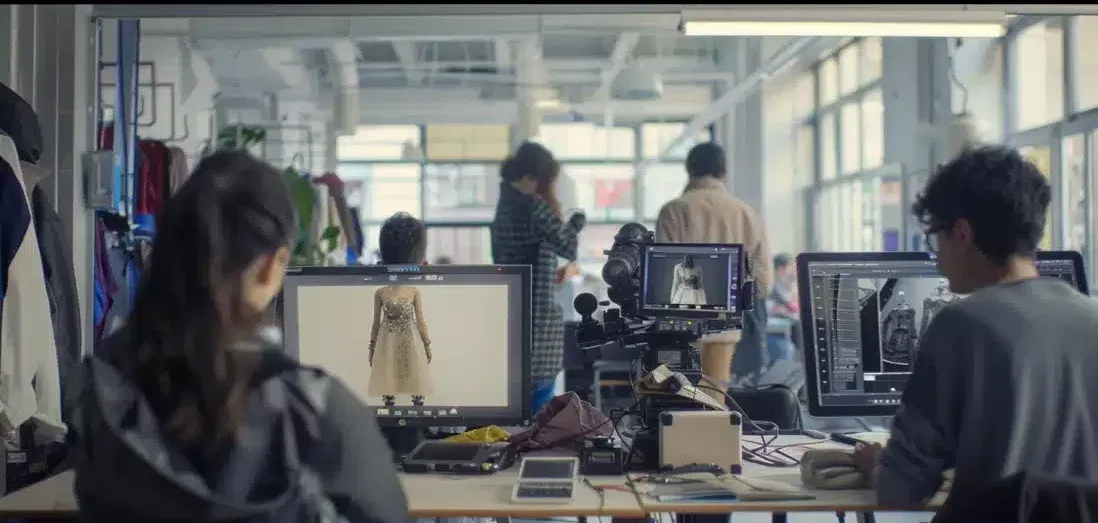Understanding the evaluation and recognition of academic credentials can be complex. CIMEA, recognised by Italian authorities, provides a clear and efficient pathway to ensure your qualifications are recognised both nationally and internationally.
This guide simplifies the process and highlights the key services CIMEA offers, making it easier for you to manage your academic and professional journey.
What Is CIMEA?
CIMEA, which stands for Centro di Informazione sulla Mobilita e le Equivalenze Accademiche, is known in English as the Information Centre on Academic Mobility and Equivalence. This organisation specialises in evaluating academic credentials from around the world. It achieves this through its international document centre and specialised databases, which provide comprehensive information on foreign higher education systems and the qualifications specific to each country.
The Italian Ministry of Education, University, and Research (MIUR) has designated CIMEA to manage the processes related to qualification recognition currently in place in Italy and oversee the Italian higher education system and the national qualifications awarded.
What Is A Certificate Of Comparability And Certificate Of Verification?
CIMEA’s Credential Information Service (CIS) issues certificates for both Italian and foreign qualifications to make them recognisable in national and international contexts. These certificates come in two types: academic and non-academic recognition. Academic recognition is needed for accessing higher education and continuing university studies, while non-academic recognition is mainly for employment purposes. If a student requires these documents to confirm enrollment at a university, it falls under academic recognition. Conversely, if an employer requests the certificates, it falls under non-academic recognition.
The certificate of comparability evaluates your qualifications in the context of the higher education system and secondary school courses that grant access to higher education, aligning them with the Bologna process and the European qualifications framework. The certificate of verification confirms that your higher education qualifications have been issued by an official body, validating the authenticity of your degree. This is done by contacting the awarding institution, receiving original qualifications by mail at CIMEA offices, and verifying the presence of necessary legalisations and stamps.
| Service | Purpose | Recognition Type | Process |
| Certificate of Comparability | Evaluates higher education and secondary school qualifications for access to higher education | Academic | Aligns qualifications with the Bologna process and European qualifications framework. |
| Certificate of Verification | Confirms that higher education qualifications are issued by an official body | Academic/Non-academic | Validates the authenticity of degrees through various means, such as contacting the awarding institution, receiving original qualifications by mail, and verifying the presence of legalisations and stamps. |
| Academic Recognition | Needed to access higher education and continue university studies | Academic | Required if a student needs documents to confirm university enrollment. |
| Non-Academic Recognition | Required for employment purposes | Non-academic | Needed if certificates are requested by an employer. |
CIMEA Applications: Who Is It For?
Students must first consult with university authorities to determine if there are alternative methods for degree recognition. Often, a Declaration of Value (DoV) can replace a statement of comparability, and apostilled certificates can substitute a statement of verification. However, it is crucial to confirm with university personnel if these alternatives are acceptable. In some instances, if a European country issues higher education documents, legalisation documents like CIMEA certificates may not be necessary.
Understanding The Difference Between CIMEA Vs DoV
A student must be well-aware of the the differences between CIMEA and DoV. This is mainly because, in the past, there have been instances where students were finding it difficult to understand the same.
| Service | Details | Cost and Time |
| Declaration of Value (DoV) | Document issued by an Italian Diplomatic Representative (Embassies, Consulates) confirming the validity and eligibility of your higher education qualification. | We obtained through Italian diplomatic authorities closest to the city where the awarding institution is located. The duration is ambiguous and can take weeks to months. |
| CIMEA Services | – Cost varies between 150 to 250 Euros depending on urgency and partnership enrollment. – Used for degree recognition and visa applications. | – Standard statement of comparability: 150 Euros (30 working days) or 250 Euros (15 working days). – Partner university enrollment: 150 Euros (comparability, 15 days) and 65 Euros (verification, 15 days). |
| Comparison | DoV is considered an alternative to CIMEA’s statement of comparability and verification. | DoV is generally cheaper, but the processing time is uncertain, whereas CIMEA’s services, though more expensive, are timely. |
How Can I Get My CIMEA Certificate?
To request a CIMEA certificate, you need to start by creating an account on their MyDiplome portal.
- If you are preparing enrollment documents for a university, check if your university has a partnership with CIMEA. If it does, use the link provided by your university to create an account on MyDiplome. This can offer you access to services at a reduced rate and faster processing times.
- Next, prepare and upload the required documents on the portal. These documents vary by country, so be sure to check the specific requirements for your country. Most documents must be in English or Italian; if not, you must upload translations.
- Additionally, CIMEA requires a signed consent form, which is available in the Info section of the MyDiplome portal. This form permits CIMEA to process your personal data.
- Once all documents are uploaded, pay the fee for the desired service. In a few days, CIMEA may request sealed copies of the documents in physical form or as an electronic copy sent directly from your educational institution. This process may vary depending on your university, so verify their procedures. If sending documents physically, mail them to CIMEA – Viale XXI Aprile 36 – 00162 Roma (RM) – Italia (Italy).
- After receiving the documents, CIMEA processes them, and the certificates become available in your MyDiplome wallet. CIMEA’s Diplome service uses blockchain technology for credential evaluation.
You can contact CIMEA through the information request option under Services on the MyDiplome portal if you need clarification. They are known to be helpful and responsive.
CIMEA, officially recognised by Italian authorities for the evaluation and recognition of qualifications, simplifies the process by eliminating the need to choose between different options. While it may appear daunting at first, their services are user-friendly and in high demand.
FAQs
1. What is CIMEA for Italy?
CIMEA, the Italian Information Centre on Academic Mobility and Equivalence, is part of the NARIC and ENIC networks, providing services for the recognition of foreign academic qualifications in Italy.
2. How much does CIMEA cost in Italy?
The cost of CIMEA services varies based on the specific service requested, and detailed pricing can be found on their official website.
3. Is CIMEA free?
CIMEA is not free; there are fees associated with the services provided for the evaluation and verification of qualifications.
4. Is CIMEA and Dov the same?
CIMEA and Dov are not the same; CIMEA focuses on academic qualification recognition, while Dov is a specific service platform under CIMEA.
5. How long does CIMEA verification take?
The verification process by CIMEA typically takes several weeks, depending on the complexity of the qualifications being assessed.
If the above blog was helpful then check more such articles on the topics, such as,















0 Comments